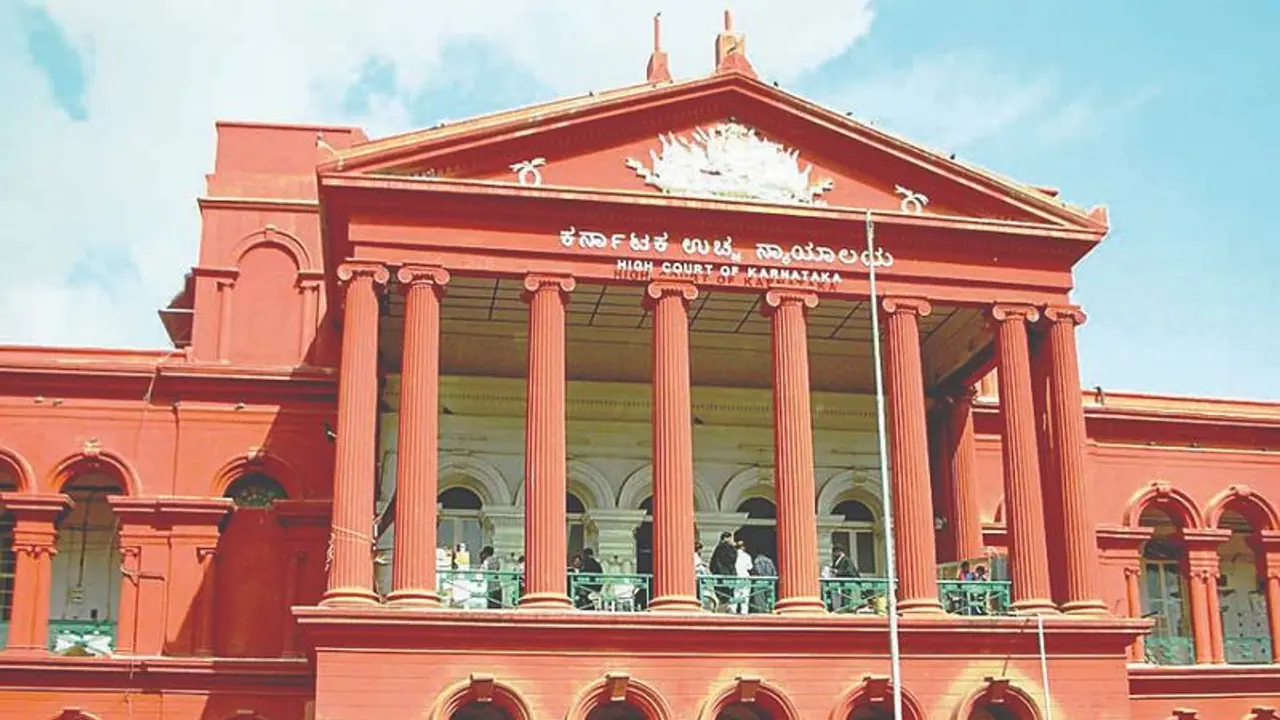The Karnataka High Court ruled that Section 479 of the Indian Civil Security Code, allowing bail after serving one-third of a sentence, does not apply to individuals with multiple cases. This decision denied bail to K. Ramakrishna, accused of defrauding depositors of ₹1,522 crore.
The Karnataka High Court has clarified that Section 479 of the new Indian Civil Security Code (ICSC), which allows prisoners to seek bail after serving one-third of their total sentence, does not apply to individuals with multiple cases against them. This ruling was made by Justice H.P. Sandesh while rejecting a bail plea filed by K. Ramakrishna (73), chairman of Sriguru Raghavendra Sahakari Bank and Sriguru Sarvabhouma Souharda Credit Co-operative Limited.

Ramakrishna has been in custody for 31 months over allegations of forging documents and defrauding depositors of ₹1,522 crore. His bail application was based on Section 479(1) of the ICSC, which permits bail if an undertrial has completed one-third of the potential maximum sentence. However, the court emphasized that Section 479(2) explicitly bars bail in cases where multiple criminal proceedings are pending against an accused.
Karnataka govt freezes Beer price hike until January to prevent revenue loss
The court clarified that Sections 479, 479(1), and 479(2) must be interpreted together. While Section 479(1) allows bail in certain circumstances, Section 479(2) overrides it for individuals involved in more than one case. Justice Sandesh stated that these provisions ensure that serious offenders facing multiple charges cannot exploit the law to gain release.
The bench noted that additional cases against Ramakrishna have been filed under the Prevention of Money Laundering Act (PMLA) and the Karnataka Protection of Interest of Depositors in Financial Institutions Act. Each of these cases alleges distinct crimes, including fabricating documents and misappropriating ₹1,544 crore from the bank. Furthermore, he is accused of granting ₹882.85 crore in loans to only 24 individuals, underscoring his central role in the financial fraud.
This is the third time the High Court has dismissed Ramakrishna’s bail plea. His legal counsel argued that the maximum sentence under the PMLA is seven years and that he has already spent over two years in custody. They contended that, under Section 479 of the ICSC, he was eligible for bail since he had served one-third of the potential sentence.
However, the court ruled that Section 479 does not apply to Ramakrishna due to the multiple cases against him. Additionally, the bench highlighted that these cases involve serious allegations of financial misconduct and violation of public trust.
Bengaluru: BBMP warns of double penalties on property tax arrears after November 30 OTS deadline
Case background
Ramakrishna’s arrest stems from accusations of cheating depositors and misusing funds entrusted to Sriguru Raghavendra Sahakari Bank. The investigations revealed that the accused created fake documents and funnelled vast sums to a select few, leading to massive financial losses for depositors. Despite multiple attempts to secure bail, the High Court has consistently rejected his applications, citing the gravity of the charges and the legal provisions barring bail for such offenders.
